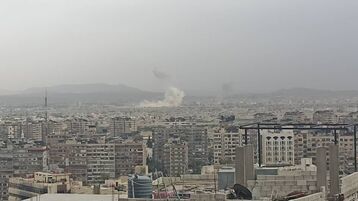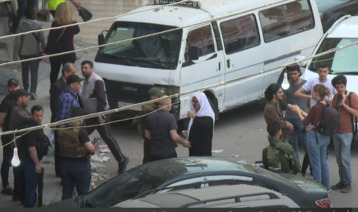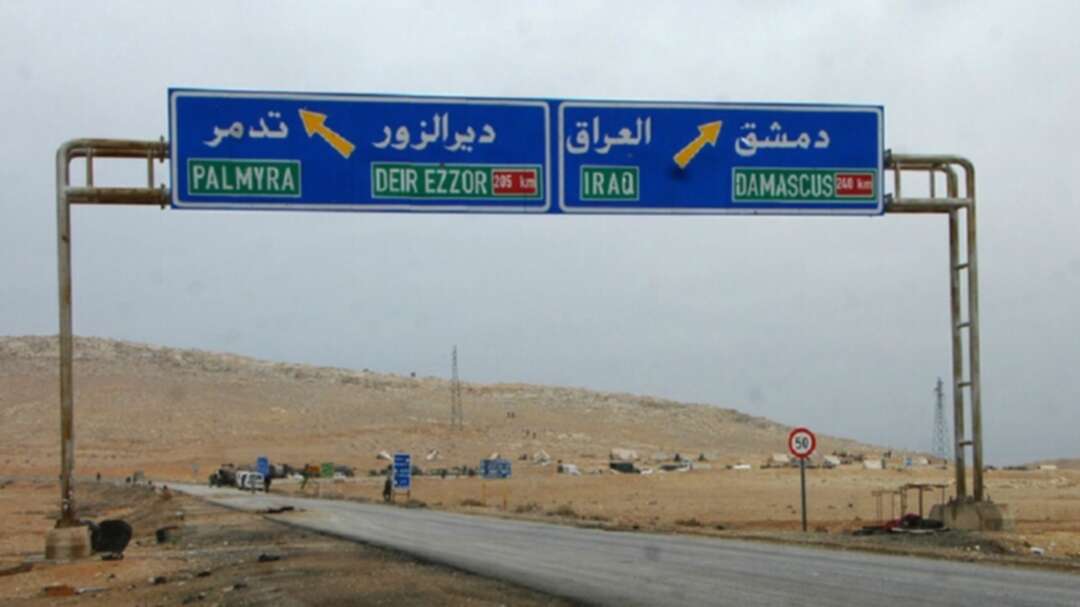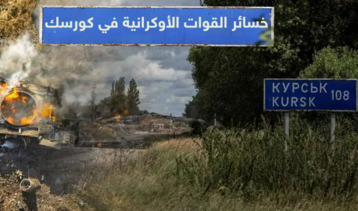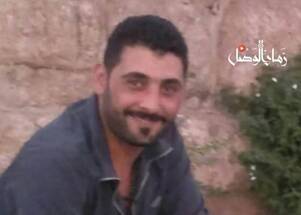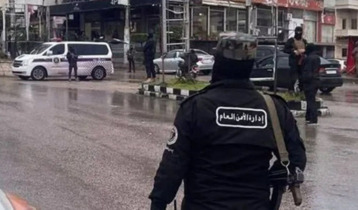-
Rights groups urge EU to sanction Iranian TV for airing prisoners’ confessions
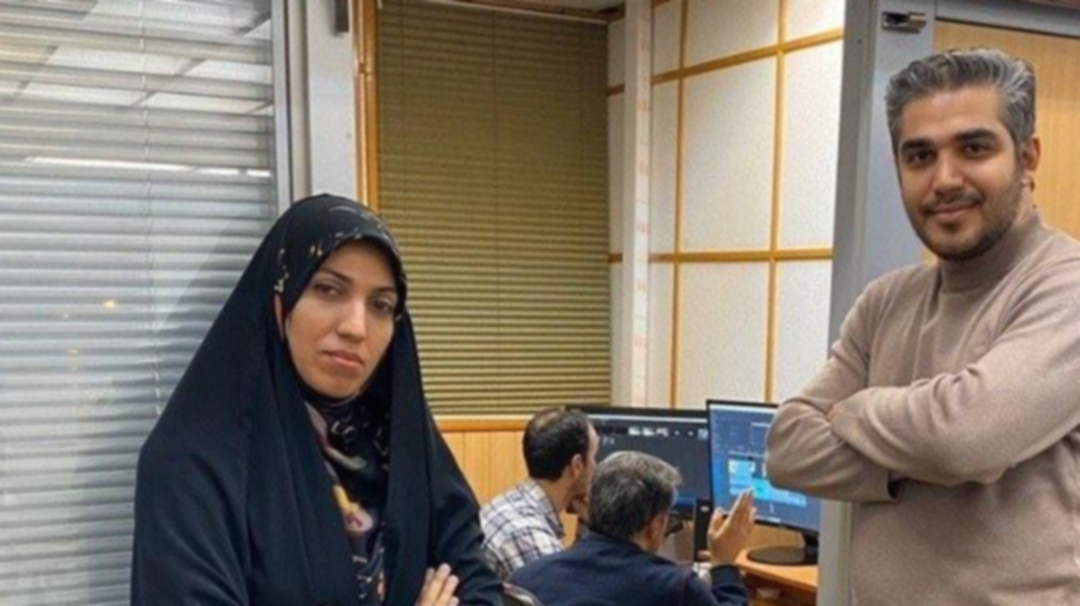
Human rights groups have called on the European Union Council to impose sanctions on the Islamic Republic of Iran Broadcasting (IRIB) for airing forced confessions of political prisoners over the years.
At least 355 people have been forced to confess that they instigated protests or operated on orders from foreign intelligence services on state TV following protests after Iran’s controversial 2009 presidential elections, according to the London-based human rights organization “Justice for Iran.”
There have also been at least 22 cases of forced televised confessions on Iranian state TV since the November 2019 anti-government protests, according to the rights groups’ joint letter to the EU Council.
There is a “real risk” that those who were arrested in the aftermath of the shooting down of the Ukrainian airliner on January 8 by Iran’s Islamic Revolutionary Guard Corps will also be forced to confess in front of the camera, the letter’s 13 signatories said.
Iran said it arrested the person who filmed the footage showing the Ukrainian airliner being shot down by a missile. Security forces also arrested dozens in the protests that followed Iran’s admission to downing flight PS752.
The rights groups are concerned that the content of the forced confessions will be used to give detainees harsher sentences, including the death penalty. The fate of those who confess on TV usually remains unknown.
The signatories of the letter have also requested three IRIB officials and four IRIB reporters be sanctioned – including Ameneh Sadat-Zabihpour and Ali Rezvani – for their roles in extracting and broadcasting forced confessions.
Sadat-Zabihpour and Rezvani have both previously been accused of being involved in interrogating detainees.
Labor rights activist Sepideh Gholian revealed in December 2019 that Sadat-Zabihpour was present during her interrogations.
Gholian said that “after hours of physical and psychological torture,” Sadat-Zabihpour presented her and other labor rights activists with a pre-prepared text for them to read in front of the camera as “confessions.”
Rezvani was also accused of being involved in interrogating activists and their families.
Ramin Seyed Emami, son of Kavous Seyed Emami, an Iranian-Canadian environmental activist and university professor who was arrested in 2018 and later died under suspicious circumstances in Tehran’s notorious Evin prison, had said that Rezvani had been at his parents’ house along with a group of agents from the IRGC intelligence service.
Emami said that his mother had to be taken to the hospital following her interrogation with Rezvani.
source: Yaghoub Fazeli
You May Also Like
Popular Posts
Caricature
BENEFIT Sponsors BuildHer...
- April 23, 2025
BENEFIT, the Kingdom’s innovator and leading company in Fintech and electronic financial transactions service, has sponsored the BuildHer CityHack 2025 Hackathon, a two-day event spearheaded by the College of Engineering and Technology at the Royal University for Women (RUW).
Aimed at secondary school students, the event brought together a distinguished group of academic professionals and technology experts to mentor and inspire young participants.
More than 100 high school students from across the Kingdom of Bahrain took part in the hackathon, which featured an intensive programme of training workshops and hands-on sessions. These activities were tailored to enhance participants’ critical thinking, collaborative problem-solving, and team-building capabilities, while also encouraging the development of practical and sustainable solutions to contemporary challenges using modern technological tools.
BENEFIT’s Chief Executive Mr. Abdulwahed AlJanahi, commented: “Our support for this educational hackathon reflects our long-term strategic vision to nurture the talents of emerging national youth and empower the next generation of accomplished female leaders in technology. By fostering creativity and innovation, we aim to contribute meaningfully to Bahrain’s comprehensive development goals and align with the aspirations outlined in the Kingdom’s Vision 2030—an ambition in which BENEFIT plays a central role.”
Professor Riyadh Yousif Hamzah, President of the Royal University for Women, commented: “This initiative reflects our commitment to advancing women in STEM fields. We're cultivating a generation of creative, solution-driven female leaders who will drive national development. Our partnership with BENEFIT exemplifies the powerful synergy between academia and private sector in supporting educational innovation.”
Hanan Abdulla Hasan, Senior Manager, PR & Communication at BENEFIT, said: “We are honoured to collaborate with RUW in supporting this remarkable technology-focused event. It highlights our commitment to social responsibility, and our ongoing efforts to enhance the digital and innovation capabilities of young Bahraini women and foster their ability to harness technological tools in the service of a smarter, more sustainable future.”
For his part, Dr. Humam ElAgha, Acting Dean of the College of Engineering and Technology at the University, said: “BuildHer CityHack 2025 embodies our hands-on approach to education. By tackling real-world problems through creative thinking and sustainable solutions, we're preparing women to thrive in the knowledge economy – a cornerstone of the University's vision.”
opinion
Report
ads
Newsletter
Subscribe to our mailing list to get the new updates!

